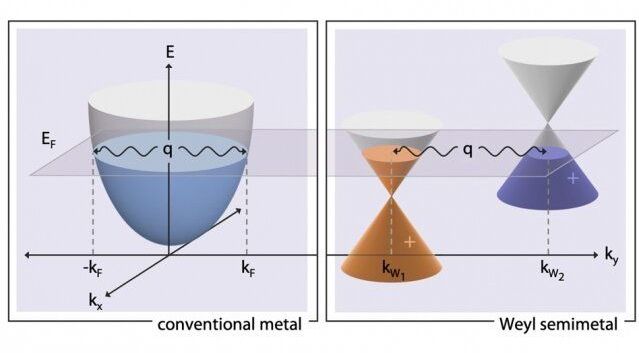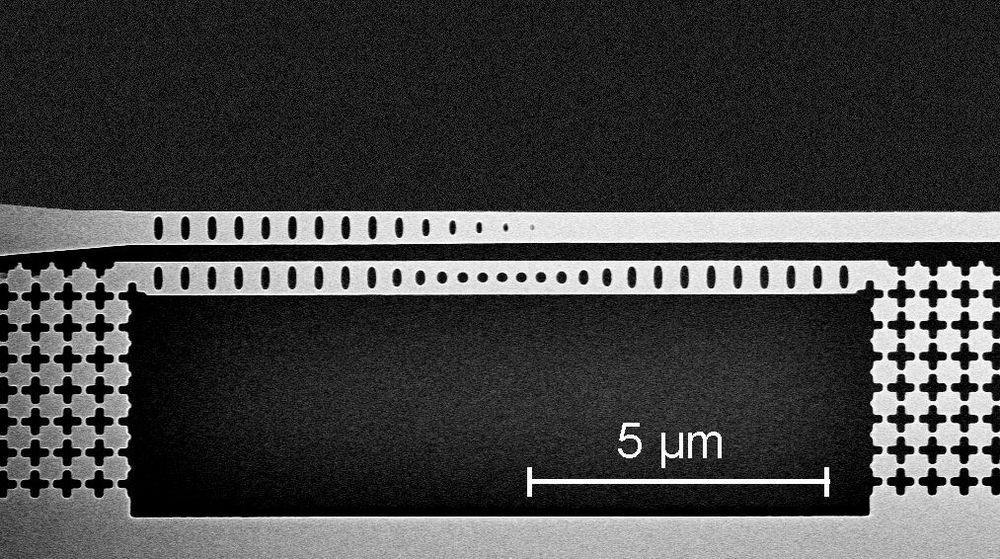A research team from Empa and EPFL has developed a molecular motor which consists of only 16 atoms and rotates reliably in one direction. It could allow energy harvesting at the atomic level. The special feature of the motor is that it moves exactly at the boundary between classical motion and quantum tunneling — and has revealed puzzling phenomena to researchers in the quantum realm.
The smallest motor in the world—consisting of just 16 atoms: this was developed by a team of researchers from Empa and EPFL. “This brings us close to the ultimate size limit for molecular motors,” explains Oliver Gröning, head of the Functional Surfaces Research Group at Empa. The motor measures less than one nanometer—in other words it is around 100,000 times smaller than the diameter of a human hair.
In principle, a molecular machine functions in a similar way to its counterpart in the macro world: it converts energy into a directed movement. Such molecular motors also exist in nature—for example in the form of myosins. Myosins are motor proteins that play an important role in living organisms in the contraction of muscles and the transport of other molecules between cells.







